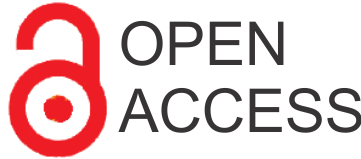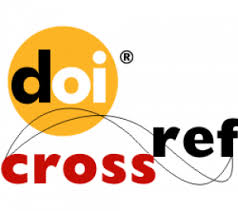E3 Journal of Business Management and Economics
E3 Journal of Business Management and Economics Vol. 4 (12) pp. 259-266, December 2013; © E3 Journals; ISSN 2141-7482
Inflation and inflation uncertainty in Ghana
Eric Fosu Oteng-Abayie1 * , Samuel Kwame Doe11 Department of Economics, Kwame Nkrumah University of Science and Technology, Ghana
*Corresponding Author E-mail: efoteng-abayie.socs@knust.edu.gh
Accepted 7 September 2013
Abstract
The study investigates the relationship between inflation and inflation uncertainty for the period 1984-2011. The work uses the monthly Consumer Price Index to proxy inflation. The General Autoregressive Heteroscedasticity (GARCH) model is employed to estimate the conditional variability of inflation. The work uses two approaches to find out the relationship between inflation and inflation uncertainty. The first one is the two-step procedure of Granger causality test, which obtains generated variables in stage one as dependent variable in the second stage. The second procedure involves inclusion of conditional variance and inflation in the mean and conditional variance equations respectively, and Full Information Maximum Likelihood (FIML) technique is used in the estimation of the two equations. The two methods established the same result that in high inflationary periods, inflation uncertainty also rises and that inflation uncertainty causes inflation, which is in support of Cukierman-Meltzer hypothesis. Therefore, decreasing inflation uncertainty is expected to reduce inflation.
Keywords: Inflation; Consumer; Uncertaintiy; Regression; Variance.
[Download Article - PDF]




